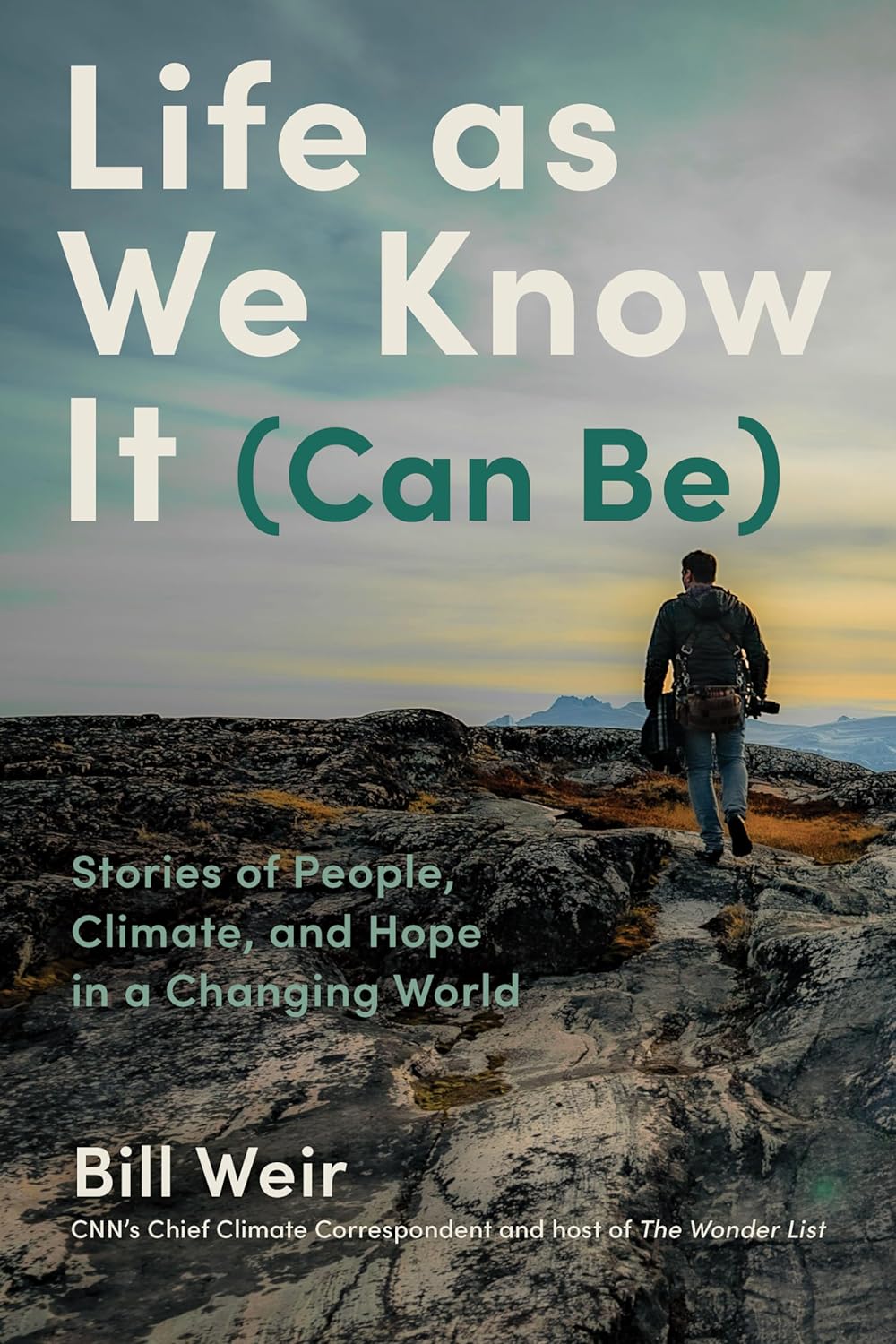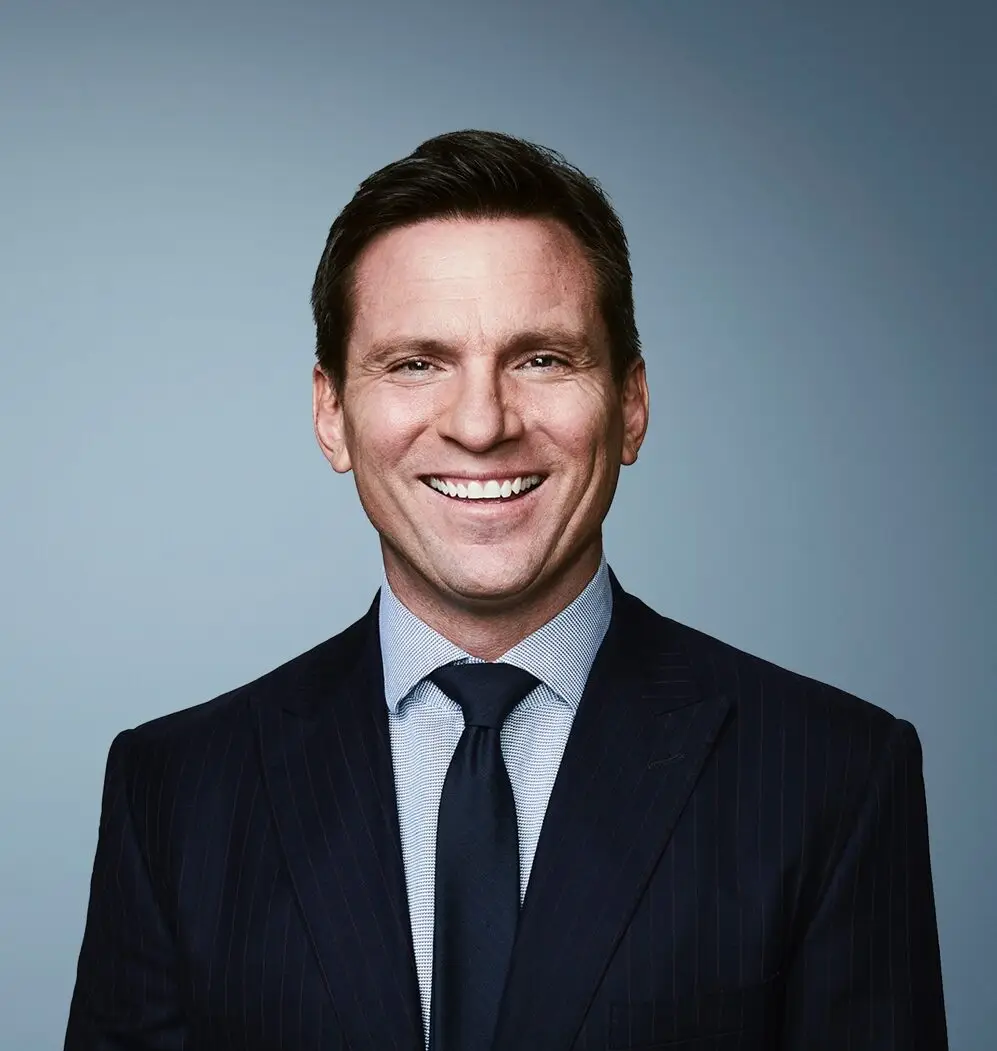Bill Weir
Bill Weir is a veteran anchor, writer, producer, and host who came to CNN in 2013 after a decade of award-winning journalism at ABC News.
In 2019, he was named the network’s first Chief Climate Correspondent, drawing on his experience creating and hosting the primetime CNN Original Series “The Wonder List with Bill Weir,” now streaming on Discovery+.
With his distinctive storytelling style, lush photography and a focus on our connected planet, Weir and his team produced four seasons of the show across 28 countries, highlighting wondrous people, places, cultures, and creatures on the brink of seismic change.
In 2022, Weir earned a News & Documentary Emmy® Award for his CNN Special Report: Eating Planet Earth: The Future of Your Food, and Columbia Journalism Review called his 2020 CNN Special Report: The Road to Change “one of the very best pieces of climate journalism ever run by a mainstream US neoh ws organization.” His first book, Life As We Know It (Can Be) is available now.
In his network career, Weir reported from all 50 states and more than 100 countries, covering breaking news and uncovering global trends. He was among the first reporters into the floodwaters of New Orleans after Hurricane Katrina and Japan’s tsunami zone during the nuclear crisis of 2011. He dodged Taliban bullets in Afghanistan, led network coverage from Iraq and was the first American to broadcast live from Tibet. As a writer and anchor, Weir produced several special hours for CNN and ABC prime time on topics ranging from religion, brain science and Woodstock to the business of mail-order brides and the rise and fall of General Motors.
His live shots have come from atop the Golden Gate Bridge and below the waters of the Great Barrier Reef while his adventure reporting includes jumps from hot air balloons, hikes deep into the Amazon and one fun night spent lashed to the side of Yosemite’s El Capitan.
Before joining ABC News, Weir wrote and hosted projects for the FX and USA Networks and was an anchor/reporter in Los Angeles, Chicago, Green Bay and Austin, MN.









